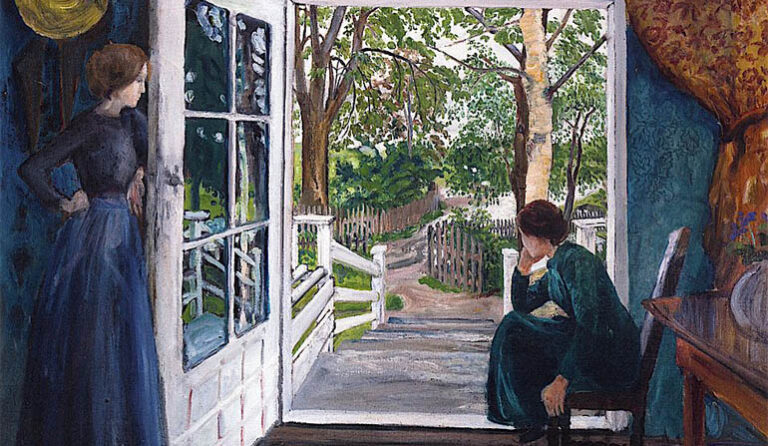Disrupting Silicon Valley in Janice Lobo Sapigao’s microchips for millions
In her debut collection microchips for millions, Janice Lobo Sapigao disrupts Silicon Valley through poetry, revealing the structural violence that is encoded into it.

In her debut collection microchips for millions, Janice Lobo Sapigao disrupts Silicon Valley through poetry, revealing the structural violence that is encoded into it.

Muhammad’s criticism is far-reaching, pulling together literature, politics, and religion in a quest to reckon with the black experience in modern America.

Apocalypse narratives so often focus on isolation—a person up against a wasteland or navigating groups of raiding cannibals—but what happens to the communities in these situations and what do the stories made from them show about the ebb and flow of disasters that weigh on any community.

Bret Anthony Johnston’s “Boy” is very much an homage as well as a companion piece to Jamaica Kincaid’s “Girl.” The ways in which Johnston chose to mirror Kincaid’s piece show us the gender, class, and race equivalencies. Both Kincaid and Johnston are most interested in gender and the lessons passed from parent to child.

What is it about being in your early twenties that makes the world seem so overwhelmingly crowded and yet so desperately lonely all at once? There’s something bewitching about it, too, and melancholy.

Most Americans identify as “middle class,” though this is a reflection of mentality more than income. Economists define “middle income” households as those with incomes between 66% and 200% of the median household income. This means an annual income range of roughly $24,000 and $73,000 for one person. As someone who’s previously made both of…

To say that Patricia Lockwood is a lapsed Catholic doesn’t begin to cover it. The poet and author of the memoir Priestdaddy is the daughter of a Catholic priest, either the beneficiary or the victim of a loophole.

Doris Lessing’s Martha Quest begins, marvelously, with one of the best depictions of adolescent malaise I’ve ever read: the fifteen-year-old title character languishing on her porch in silent, miserable judgment (in “spasms of resentment”) while her mother knits, and gossips vacuously with a neighbor.

Finally recognizing this pattern has led me to an unconventional idea: we should teach literary survey courses backwards. And those of us who are no longer in lit classes (or who have steered clear of them altogether) should read that way ourselves.
No products in the cart.